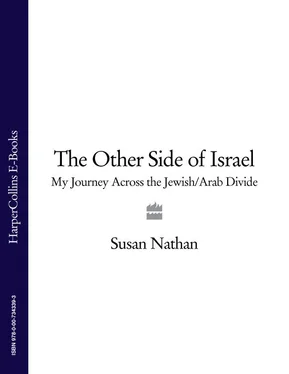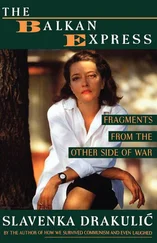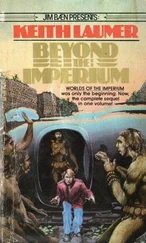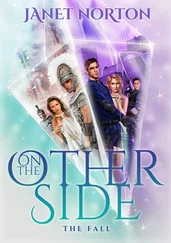Drawing a parallel works slightly differently. It refuses, rightly, to make lazy comparisons: Israel is neither Nazi Germany nor apart-heid South Africa. It is unique. Instead a parallel suggests that the circumstances people find themselves in can be similar, or that one set of events can echo another. Even more importantly, the emotions people feel in these circumstances may share something of the same quality. That common quality is what allows us to see their suffering as relevant and deserving of recognition, without dragging us into a debate about whose suffering is greater.
I will give an example from my first few weeks in Tamra. I had been visiting families and hearing stories of what had happened to them in the war of 1948, when 750,000 Palestinians were either deported or terrorised from their homes by the Israeli army to refugee camps across the Middle East. This is an event commemorated by Palestinians as the Nakba (the Catastrophe), the loss of their homeland to the Jewish state and the dissolution of the Palestinian people as a nation. 150,000 or so Palestinians managed to avoid this fate, remaining within the borders of the new state of Israel and becoming Israeli citizens. Nonetheless, many of them had experiences similar to the refugees: all the members of my own family in Tamra, for example, were internally displaced in the 1948 war. They lost their homes and most of their possessions when they were forced to flee from villages in the Galilee.
The family of Hassan’s wife, Samira, were expelled from a small coastal village near Haifa called Ein Hod. She once tried to visit Ein Hod to see her parents’ home, which still stands but for decades has been occupied by Jews. When she knocked on the door to ask whether she could look inside, the Jewish owners angrily told her to go away. She has not dared go back since. When I talk to Samira I see the pain she feels at being uprooted, at living only a short distance from her family’s home, but having no access to it or right to reclaim it. In fact, she does not even have the right to a history: the state refuses to remember her story, commemorate it or teach it to new generations. Her past is denied her, which damages her sense of who she is. It is a feeling we Jews should know only too well. After all, Jews have campaigned for the right to reclaim their properties in Europe, seek restitution, win recognition of the wrongs done them, and build museums. In this battle they have been increasingly successful. Why is Samira’s pain not equally worthy of acknowledgement?
This lesson was reinforced by Rasha, a bright eighteen-year-old girl to whom I taught English and who is hoping to go to Haifa University to study psychotherapy. During a tutorial I asked her how she felt about life in Tamra, and she replied that she always felt afraid. This was clearly a sensitive topic, and I proceeded carefully. I asked her what she knew of her family history, such as where her parents were born. She said they were born in Tamra. And what about your grandparents, I asked. She said she knew they weren’t from Tamra. ‘They came from a village,’ she added, only revealing with hesitancy that they were among the hundreds of thousands of refugees forced out of some four hundred villages by Israeli soldiers in the 1948 war. I asked if her parents ever talked about this with her at home. ‘No, because they are afraid too,’ she said. ‘I ask them questions, but they don’t like to talk about it.’
Rasha, it struck me, was living in fear of connecting with her past and her roots. Her eyes filled with tears. I thought, this is the story of this country. How can we educate our Jewish children about the Holocaust, the centuries of discrimination against Jews, and yet here sitting next to me is a Palestinian child who has been forced by the Jewish state to cut herself off emotionally and psychologically from both her personal and her people’s narratives, who is truly afraid to learn about her past? I asked her how she felt about not knowing the truth, and not being able to talk about it in her home. She replied: ‘I don’t feel like I have a future.’
Other families told me of the massacres that took place in their villages and of the tactics used by soldiers to terrify them from their homes. These are not fanciful stories: they are supported by the research of respected Israeli Jewish historians who have spent years trawling Israel’s state and military archives.
Конец ознакомительного фрагмента.
Текст предоставлен ООО «ЛитРес».
Прочитайте эту книгу целиком, купив полную легальную версию на ЛитРес.
Безопасно оплатить книгу можно банковской картой Visa, MasterCard, Maestro, со счета мобильного телефона, с платежного терминала, в салоне МТС или Связной, через PayPal, WebMoney, Яндекс.Деньги, QIWI Кошелек, бонусными картами или другим удобным Вам способом.












